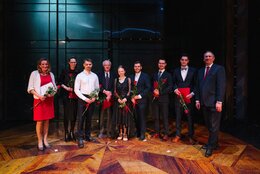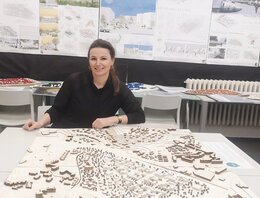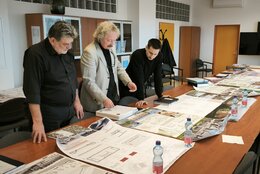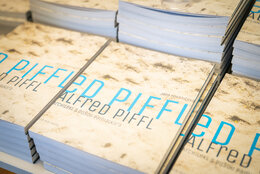názov: City Storage and Sector Coupling Lab
akronym: CSSC-Lab
číslo projektu: DTP3-538-2.2 (538)
doba riešenia: júl 2020 – december 2022
http://www.interreg-danube.eu/approved-projects/cssc-lab
Based on a recent study published by EUSDR PA2 renewables will provide 50% of SEE power demand in 2030. With higher levels of utilization of RES energy storage is becoming the key in the next phase of the energy transition in all Danube countries. Even in the most advanced regions the introduction of innovative energy storage and sector coupling applications has just started to gain momentum. As these challenges particularly hit medium-sized and smaller cities, adequate City Storage and Sector Coupling (CSSC) solutions are needed to ensure efficient energy use and increased energy security. CSSC Lab will prepare the ground for accelerating the up-take of CSSC solutions by Danube region cities which is at very low level because of public authorities possess little knowledge and shy the risks of investment. To overcome this barrier, the CSSC Lab project will implement a capacity building programme for municipalities and demonstrate the viability of CSSC solutions for medium-sized and smaller cities in the Danube region. The CSSC Lab consortium consists of 17 PPs (AT, BG, CZ, DE, HR, SI, SK, RO + BiH, ME + MD) from energy agencies, expert organisations and pilot cities, with support from EUSDR as ASP and a large network of ASP cities. CSSC Lab will:
1) elaborate model solution+assessment toolkit for typical urban CSSC use cases,
2) develop/pilot a capacity building programme for municipalities with local trainings, webinars and city coaching sessions,
3) establish four CSSC demo-centers in different partner regions (HR, AT, SI, BG) to demonstrate the feasibility and performance of different CSSC solutions,
4) set up an online CSSC.
Lab learning platform for sustainable knowledge transfer. Overall, the CSSC Lab project aims at building up a pipeline of CSSC replication projects in target cities across the Danube region. Regional action plans ensure practice transfer at reg. level. Transnat. Policy Recommendations contribute to EUSDR PA2 and PA10 strategies.
Project co-financed by the European Union funds (ERDF, IPA II)









